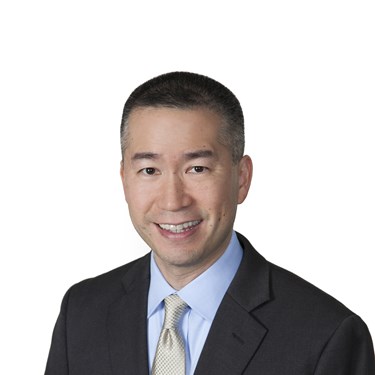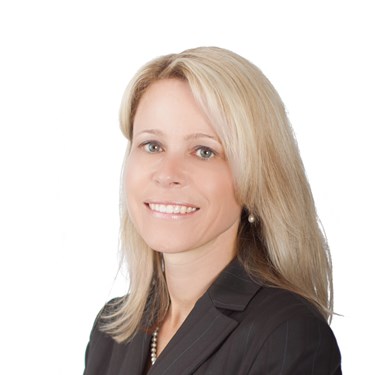CME Mission Statement
ASCRS’ continuing medical education mission is to improve the competence of ophthalmologists/anterior segment surgeons by offering an avenue for the presentation and discussion of innovative techniques and technologies and fostering an open environment where current practices are presented and questions and improvements in patient care are continually sought.
Accreditation Statement
The American Society of Cataract and Refractive Surgery is accredited by the Accreditation Council for Continuing Medical Education to provide continuing medical education for physicians.
Designation Statement
The American Society of Cataract and Refractive Surgery designates the ASCRS Refractive Day for a maximum of 6.5 AMA PRA Category 1 Credits™. Physicians should only claim credit commensurate with the extent of their participation in the activity.
All CME activities approved for AMA PRA Category 1 Credit™ are valid for recognition by the European Accreditation Council for Continuing Medical Education (EACCME). Physicians not licensed in the U.S. who participate in this CME activity are eligible for AMA PRA Category 1 Credit™.
Attendees registered as exhibitors, spouses, and guests are not eligible for CME credits. Note: All attendees must have their badges to be eligible to claim credits and evaluate the program.
Target Audience
Practicing ophthalmologists who care for patients with refractive‐related conditions.
Educational Objectives
- Distinguish between refractive treatment options and customize the treatment plan according to the individual patient’s age, refractive status, ophthalmic conditions, visual demands, and refractive goals.
- Explain how to obtain optimal preoperative diagnostics for corneal refractive surgery, phakic IOLs, and lens-based refractive surgery.
- Summarize how to manage challenging cases postoperatively with counseling, enhancements, and/or reoperations to maximize patient outcomes and satisfaction
- Understand the cultural forces, regulatory requirements, reimbursement pressures, and demographic shifts that drive the evolution of refractive surgery in the United States.
- Discuss the evolving refractive surgery technology and techniques






